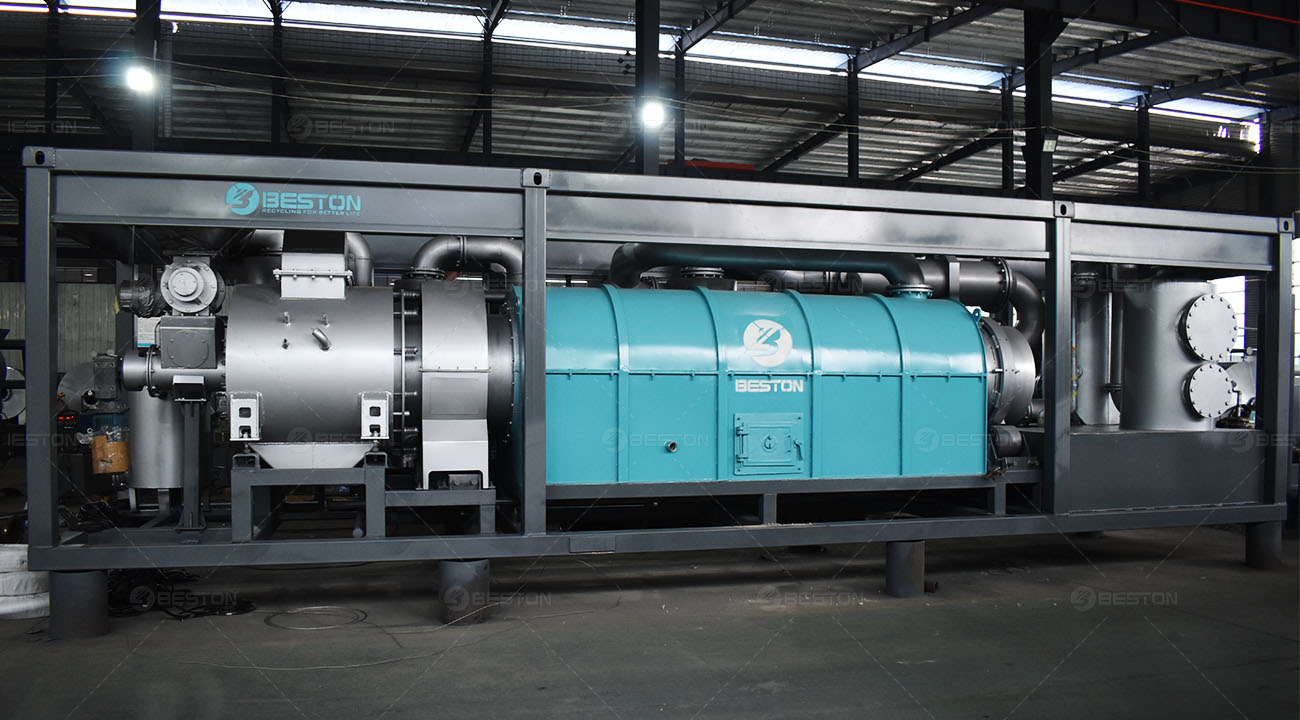In the realm of agricultural practices, the efficient management of waste has emerged as a critical facet of sustainability. The integration of charcoal making machines has become a game-changer, offering a technologically advanced solution to the challenge of handling agricultural waste. This article explores the intricacies of this process, delving into the symbiotic relationship between agriculture and innovative waste recycling.
The Landscape of Agricultural Waste
Agricultural endeavors generate a substantial volume of waste, ranging from crop residues to organic byproducts. Traditionally, these materials posed challenges in disposal, often leading to environmental concerns. The advent of charcoal making machines signifies a paradigm shift, converting these seemingly burdensome remnants into valuable resources.
Unlocking the Potential: Charcoal Making Machines
Charcoal making machines operate on the principle of pyrolysis, a process involving the decomposition of organic materials at high temperatures in an oxygen-deprived environment. In the context of agricultural waste, this translates into a transformative mechanism that turns residues into charcoal.
The Marvels of Pyrolysis
The Pyrolysis Process
Pyrolysis, within the confines of a charcoal making machine, instigates a controlled thermochemical reaction. This intricate dance of heat and absence of oxygen leads to the breakdown of agricultural waste, leaving behind charcoal as the primary byproduct.
Charcoal: A Sustainable Outcome
The resulting charcoal possesses inherent qualities that contribute to sustainability. Its porous structure makes it an excellent carbon sink, sequestering carbon dioxide from the atmosphere. This not only aids in waste reduction but also aligns with global efforts to combat climate change.
The Green Credentials of Charcoal Making Machines
Energy Efficiency
One of the distinctive features of charcoal making machines is their energy efficiency. The pyrolysis process harnesses heat generated during charcoal production, creating a closed-loop system that minimizes external energy requirements. This not only reduces the environmental footprint but also enhances the economic viability of the entire process.
Emission Control
In stark contrast to traditional methods of waste disposal, charcoal making machines excel in emission control. The absence of open burning and incineration mitigates the release of harmful pollutants into the atmosphere, contributing to improved air quality in agricultural regions.

Unveiling the Economic Prospects
Charcoal as a Valuable Resource
The charcoal produced through this advanced recycling process isn’t merely a waste management byproduct; it’s a valuable resource with diverse applications. From agricultural soil enhancement to industrial processes, the versatility of charcoal adds economic value to what was once considered agricultural waste.
Job Creation and Rural Development
The integration of charcoal making machines also opens avenues for job creation, particularly in rural agricultural settings. Small-scale enterprises can capitalize on the dual benefits of waste management and charcoal production, fostering economic growth in traditionally underserved areas.
Overcoming Challenges: Technical and Beyond
Technical Challenges
While the technology of charcoal making machines holds immense promise, certain technical challenges require attention. Optimal temperature control, scalability, and the development of efficient reactor designs are focal points for ongoing research and innovation.
Awareness and Adoption
Beyond the technical realm, the successful implementation of biomass pyrolysis plant necessitates awareness and widespread adoption. Government initiatives, educational programs, and collaborative efforts between agricultural communities and technology developers are vital in overcoming the inertia of traditional waste management practices.
Future Horizons: Innovations in Agricultural Waste Recycling
Technological Advancements
The landscape of charcoal making machines is evolving rapidly. Ongoing research seeks to enhance the efficiency of pyrolysis processes, exploring innovative reactor configurations and catalyst utilization for improved yields.
Global Collaboration
The future of agricultural waste recycling lies in global collaboration. By sharing knowledge, best practices, and fostering international partnerships, the agricultural sector can embrace charcoal making machines as a unified, sustainable solution.
In conclusion, the marriage of agriculture and charcoal making machines embodies a harmonious blend of ecological responsibility and economic viability. As we navigate the complexities of waste management, the embrace of innovative technologies stands as a beacon for a greener, more sustainable future in agricultural practices.

Comments
No comments yet. Be the first to react!